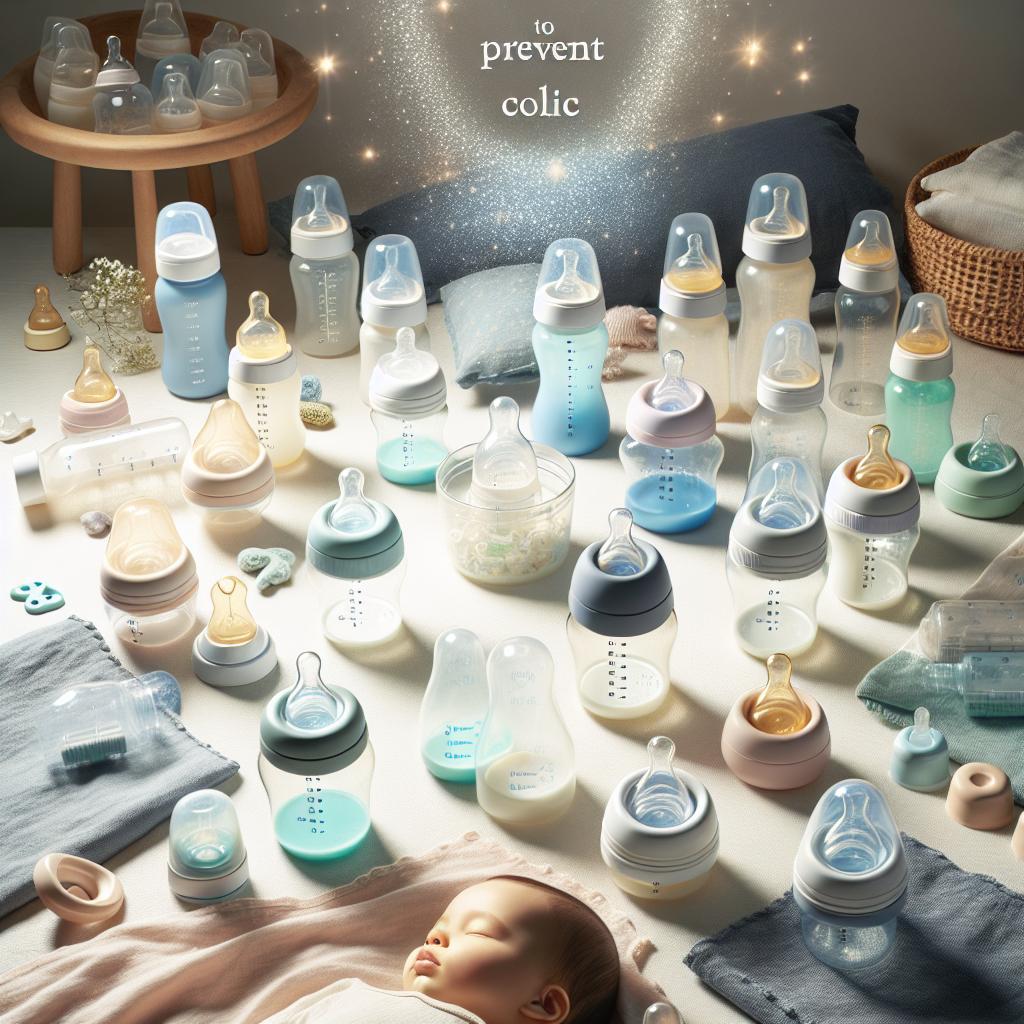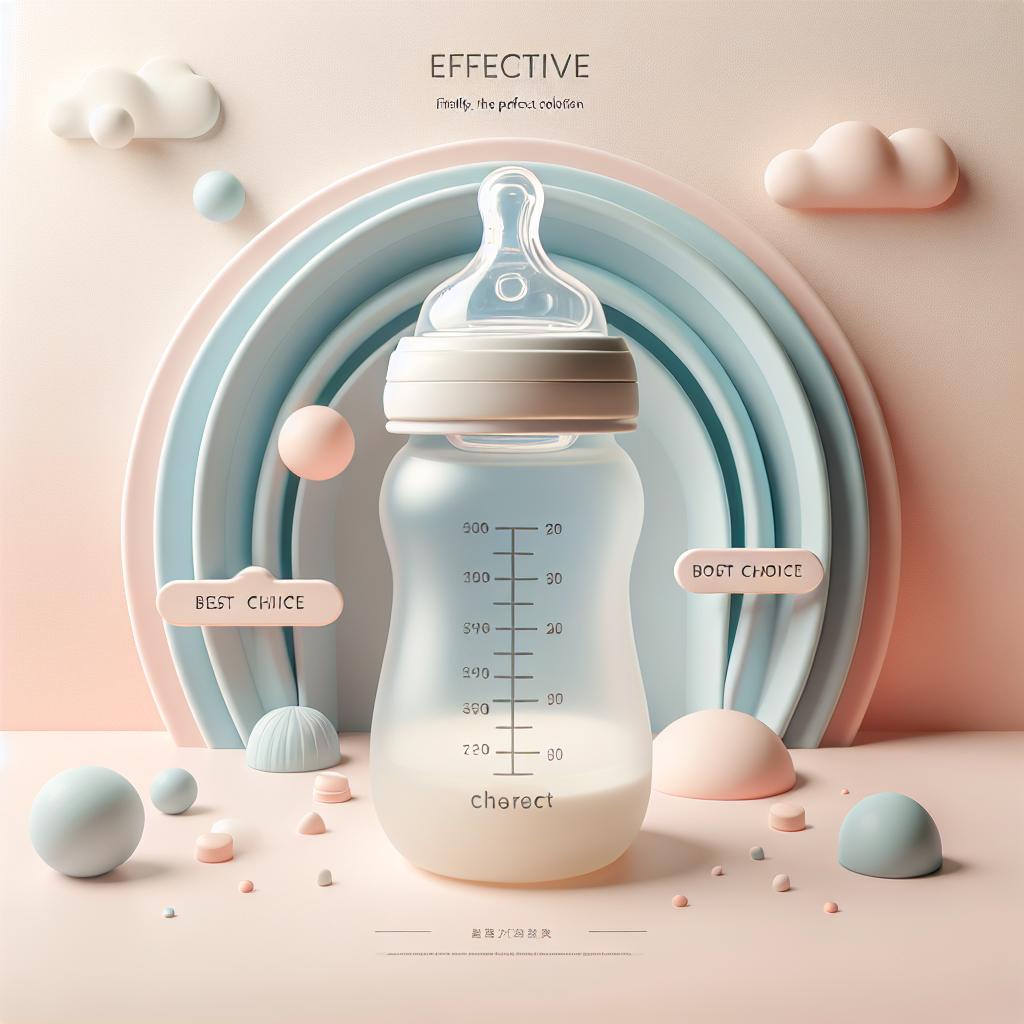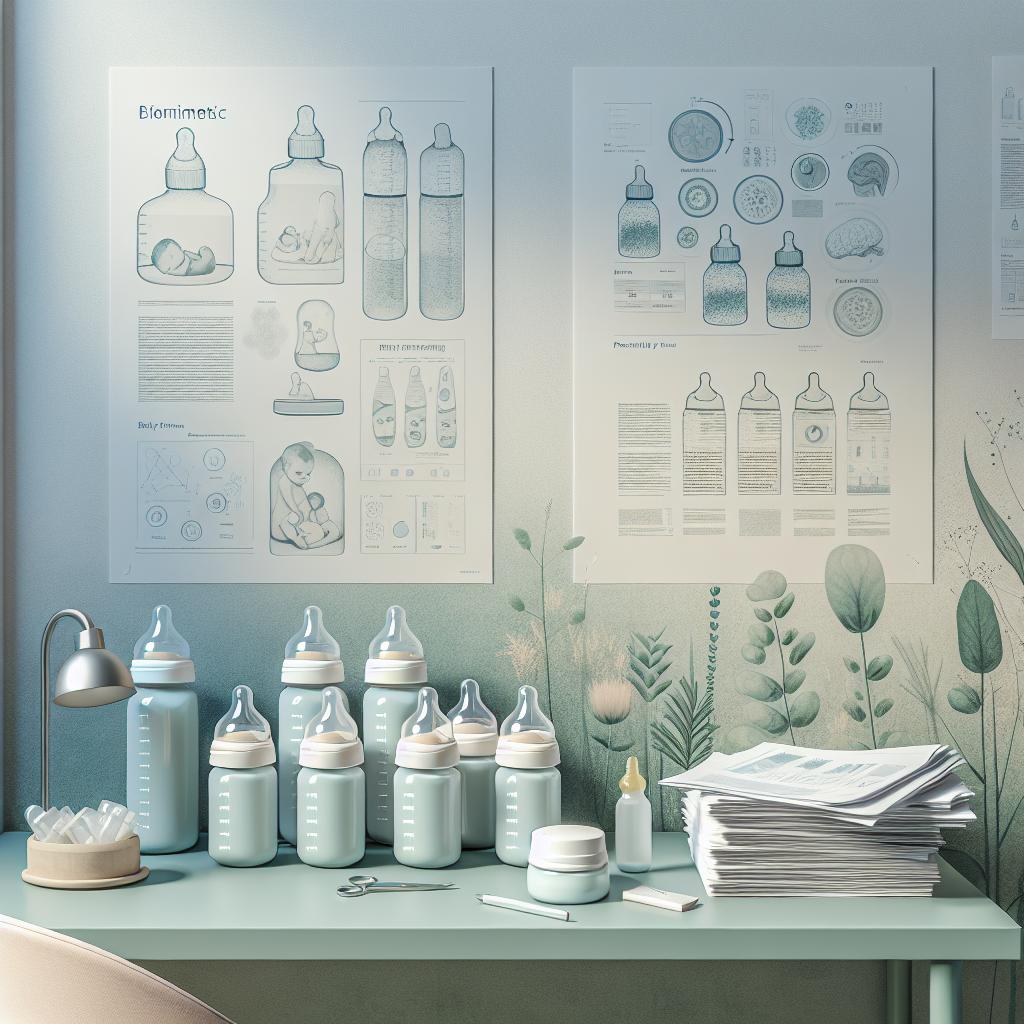Understanding Bottle Guilt and Its Impacts
Motivated by the love for their newborns, parents often experience an overwhelming sense of responsibility to make the best choices for their child’s wellbeing. One common dilemma is the choice between breastfeeding and bottle feeding. Despite the numerous benefits of bottle feeding, many parents experience feeling guilty about bottle feeding, also known as bottle guilt. This inner conflict can affect both the parent’s mental health and the baby’s feeding experience.
Why Do Parents Experience Bottle Guilt?
Bottle guilt is often fueled by societal pressure and personal expectations. Here are some reasons why parents might feel guilty about their decision to bottle feed:
- Personal expectations: The urge to provide the best for their children often leads parents to set high standards for themselves. When they can’t meet these standards, like breastfeeding, guilt can arise.
- Societal pressure: Society often views breastfeeding as the ‘gold standard’ of feeding, sometimes stigmatizing those who choose bottle feeding.
- Health benefits of breastfeeding: Breast milk has numerous health benefits for the baby. Therefore, parents who cannot breastfeed might feel guilty for depriving their children of these benefits.
Impact of Bottle Guilt
Feeling guilty about bottle feeding can take a toll on the mental health of parents. This guilt, coupled with the physical exhaustion from caring for a newborn, can lead to stress, depression, and anxiety. Moreover, this mental unrest can affect the bond between parents and their baby and might even influence the baby’s feeding experience.
An unhappy feeding time is a common issue faced by parents who deal with bottle guilt. This is when the baby protests or cries during bottle time, adding to the parents’ guilt and anxiety. Parents might intuitively feel that their baby is unhappy because they are bottle feeding, although this might not be the case.
Overcoming Bottle Feeding Guilt
It’s important for parents to remember that what matters most is a fed, healthy, and happy baby. Whether a baby is breastfed or bottle fed doesn’t define one’s success as a parent. Here are some steps to help overcome bottle guilt:
- Acknowledge the guilt: The first step towards overcoming guilt is acknowledging it. Recognizing that there is a problem can help parents seek solutions and expert help.
- Self-compassion: Parents should treat themselves with compassion and accept that it’s okay if they can’t meet societal expectations or personal standards sometimes.
- Seek professional help: A mental health professional can provide parents with coping mechanisms to deal with this guilt effectively.
- Parenting support groups: Joining a parenting support group can help parents realize that they are not alone in this journey and that bottle guilt is a common experience.
Remember, formula feeding does not mean compromising on the quality of nutrition for your baby. In fact, bottle feeding can have certain advantages over breastfeeding, like the opportunity for other family members to bond with the baby during feeding times.
Finding peace with your decision to bottle feed does not mean you are any less of a loving and caring parent. It’s okay to prioritize your mental health and make the choices that work best for your family. You can find more resources on overcoming bottle guilt at Momwell and Kinfertility.
Guilty About Mixing Breastfeeding and Bottle Feeding?
You might be surprised to learn that you’re not alone in feeling guilty about mixing breastfeeding with bottle feeding. Many parents feel this way. It’s known as feeding guilt. However, both methods can be balanced effectively—a practice known as combined feeding.
Addressing Myths About Bottle Feeding
Many parents harbor guilt based on misconceptions about bottle feeding. Here are some common myths that fuel bottle guilt:
- Bottle feeding is inferior to breastfeeding: Bottle feeding isn’t inferior, just different. Formula often contains all the nutrients needed for a baby’s growth and development.
- Bottle feeding damages the parent-child bond: This is simply not true. Bottle feeding can actually deepen the bond as it allows both parents to share feeding time and connect with the baby.
- Bottle feeding means you’re a lazy parent: Choosing to bottle feed doesn’t determine a parent’s commitment or love for their child. Every parent chooses what they believe is best for their child.
The Benefits of Bottle Feeding
While breastfeeding has its advantages, bottle feeding also offers significant benefits:
- Flexibility: Bottle feeding provides more leeway for others to help with feeding the baby, ensuring a more balanced load of responsibilities.
- Dietary freedom: Mothers who bottle feed don’t have to worry as much about their diet affecting their baby’s.
- Control: Bottle feeding allows parents to monitor exactly how much their baby is eating.
- Convenience: With bottle feeding, there’s no need to find a private area to feed, making it more convenient during trips or days out.
Help and Support to Overcome Bottle Guilt
If you’re grappling with guilt about bottle feeding your baby, there are resources and support available. A mental health professional or a lactation consultant can provide reassurance, advice, and coping strategies.
Online platforms, like The Bump and Your Care Everywhere, provide useful articles and insights about dealing with bottle guilt. Connecting with other parents through online communities like Reddit’s BeyondtheBump can also help you realize that you’re not alone in your struggle.
Combating Stigma and Offering Encouragement
Overcoming bottle guilt goes hand-in-hand with challenging societal stigmas around bottle feeding. Family, friends, health professionals, and society at large need to understand that the way a baby is fed should not be grounds for judgment or comparison.
Research suggests that the rhetoric of ‘breast is best’ potentially neglects the physical, mental, and emotional wellbeing of the mother. It’s essential to create an atmosphere of acceptance where every parent feels supported, irrespective of their feeding choice.
Remember, every journey is unique, and no one has the right to make you feel less for the decisions you make for your child. Overcoming bottle guilt is about shifting perspective, tuning out unhelpful noise, leaning on support, and most importantly, reminding yourself that your love and presence are the most essential nourishment your baby needs.







